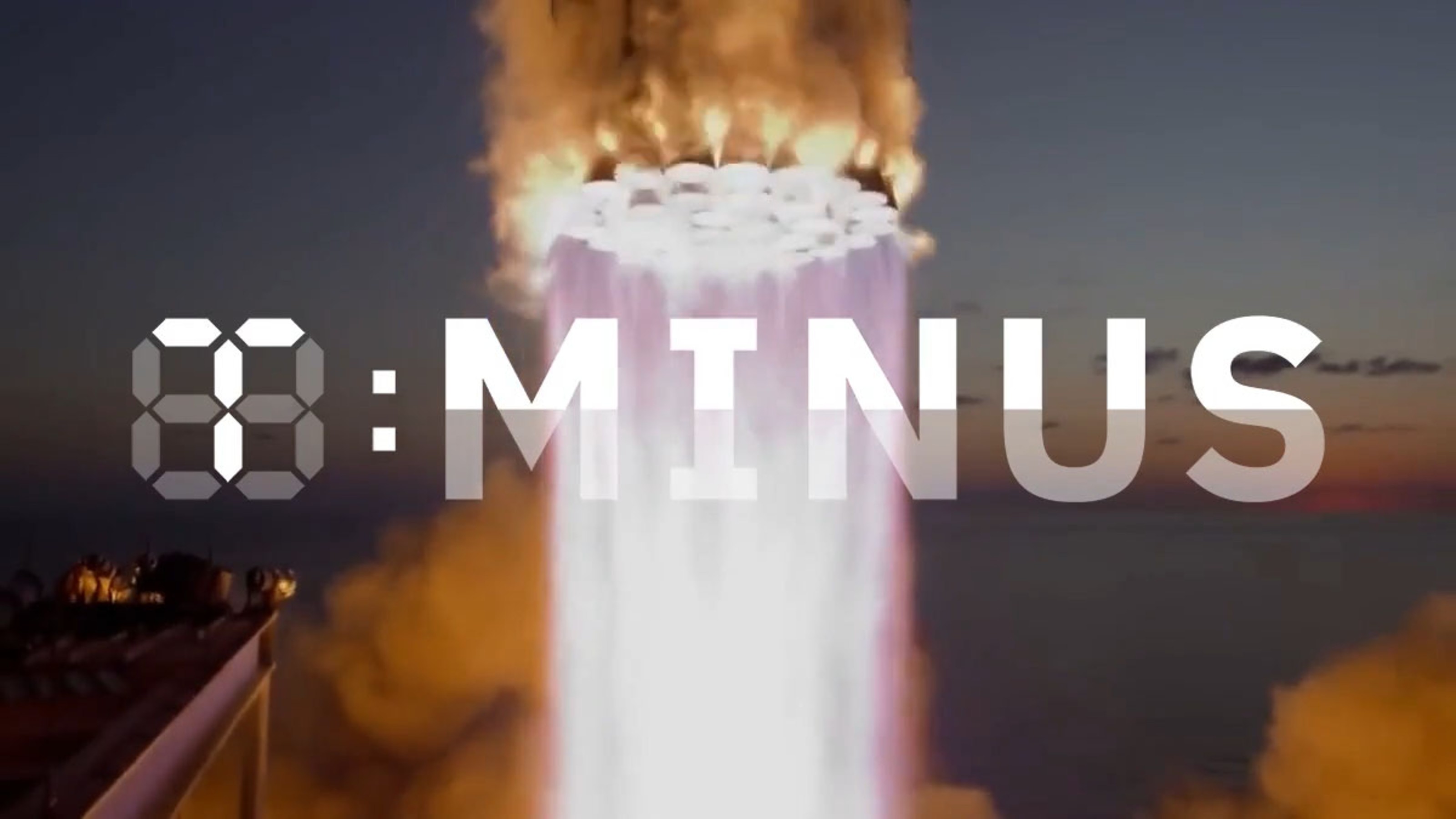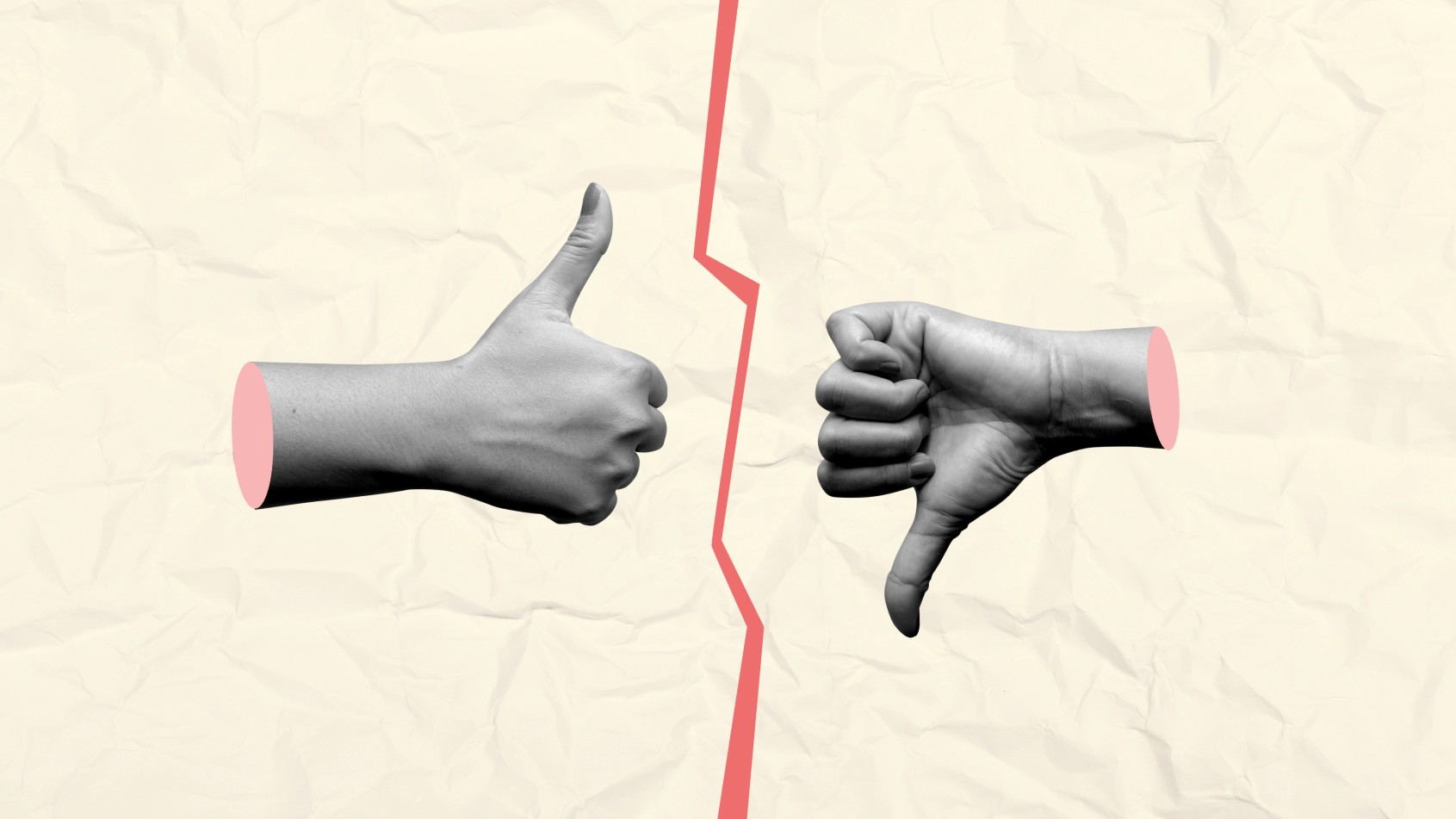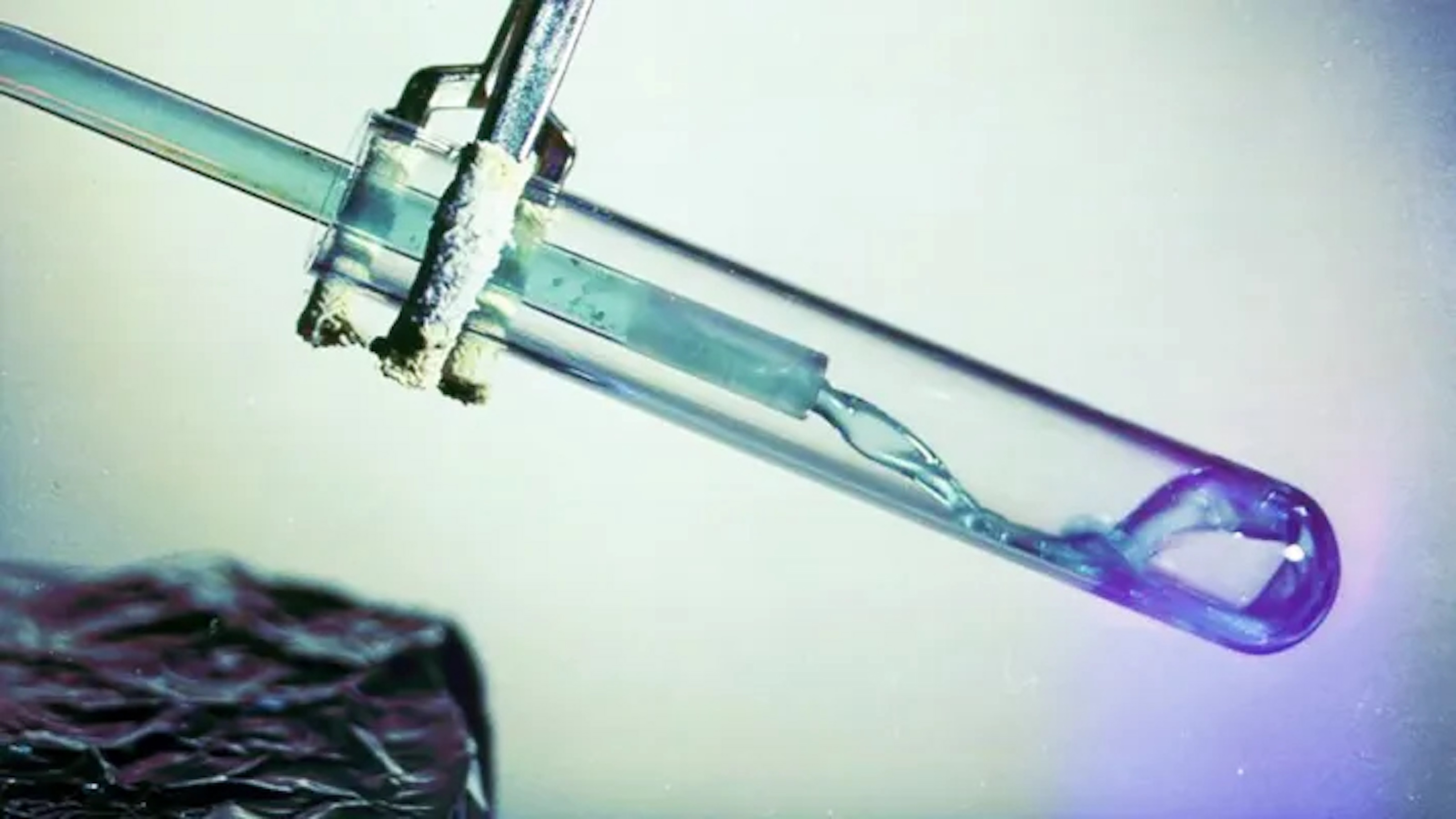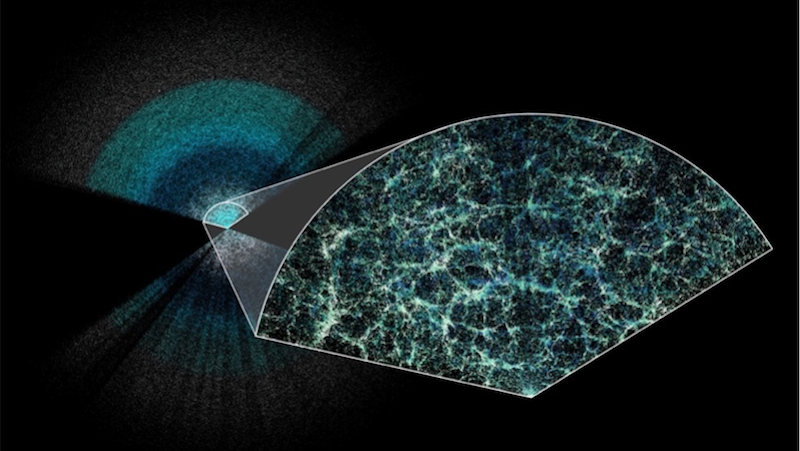What are the risks of not having enough children? In today’s landscape, there are questions about whether or not it’s ethical to bring children into a volatile world, but what are the risks of not having children? Author Christine Emba examines the moral dilemma associated with having kids in 2025.
Economic ramifications like Social Security and caretaking considerations are practical reasons one might decide to expand their family, but the largest consideration may be spiritual: Having children can offer parents a stronger stake in society: To play a part in creating the next generation and shape the future.
Often, when people ask, “Should I have children in the face of climate change or a bad presidency?,” they’re not really asking about children, they’re asking whether they should be completely fatalistic about the climate or politics or gun violence in schools, whether or not the human condition is in inexorable decline. Emba urges us to look at the data: Statistically, quality of life is relatively high today. So, what should you actually consider when deciding whether or not to have kids?
CHRISTINE EMBA: More and more people are wondering whether it's ethical to have children. It's a consideration that seems somewhat new to our time. After all, in past years, having children was the default. Not having children was looked down upon. But in our current social climate and our physical climate too, which does feel like it's deteriorating, there's a sense of fatalism, a fear that bringing someone new into the world might be a bad thing. I don't actually feel that this is the case. When it comes to climate change in particular, I don't know that we're making the world better by having less of a stake in it. So what are the risks of not having enough children? There are kind of the straightforward economic ones. Children end up being the caretakers of the adults that came before them. If you want someone to pay into Social Security, say, so that you can retire when you're older, there does have to be someone existing to do that, a child who was born after you. You're seeing the effects of this in countries like Japan and South Korea, where birth rates have fallen dramatically and now the elderly outnumber the young. It's not a pretty scene. But I also don't necessarily think that we can or should have children just to be ensured of our Social Security payments, or under the assumption that they will be forced to take care of us while they're old. There's also something to having children as a way to invest in society in a less monetary way. Often, those with children, and children themselves, have kind of a stake in the future. You are, in fact, tied to society by virtue of your love and your family. Having children can make us more invested in the world, not less. Often, when people ask, "Should I have children in the face of climate change or a bad presidency?," they're not really asking about children, so much as whether there's hope for the future, whether they should be completely fatalistic about the climate or politics or gun violence in schools, whether, in fact, the human condition is in inexorable decline. But the thing is, life actually is getting better, and it has gotten better. Before 1800, the average lifespan was around 30 years. Now, it's above 70. In our current moment, the voices of people who hadn't been heard in the past are now being heard. Change is happening rapidly. Technological advances that we actually can't even think of have the power to shape our future. The Marxist thinker, Fredric Jameson, is credited with saying, "It's easier to believe in the end of the world than the end of capitalism." And I think there's something similar at play in our conception of the future. It's very easy to imagine how things can go wrong. It's harder for us to imagine how things might go right, what it would look like if things improve. And in fact, there's lots of evidence that things are improving, and may well continue to do so. It is certainly easy to feel that the climate is falling apart, that our political situation is bad or stagnant, maybe even getting worse. But this is also a failure of our own imagination, political and otherwise. It is, in fact, possible that change can happen, that our children won't live in the present that we live in, and that actually might be a reason for hope. The philosopher, Hannah Arendt, uses the term natality to describe the possibility inherent in the prospect of birth. There's the potential for change. There is a potential for the world to be better than it is in our time. A new person, a new thing, threatens to upend the current order of things and perhaps even improve it. Having a child can, in some sense, be a statement of faith, and also a mode of change in the future.







